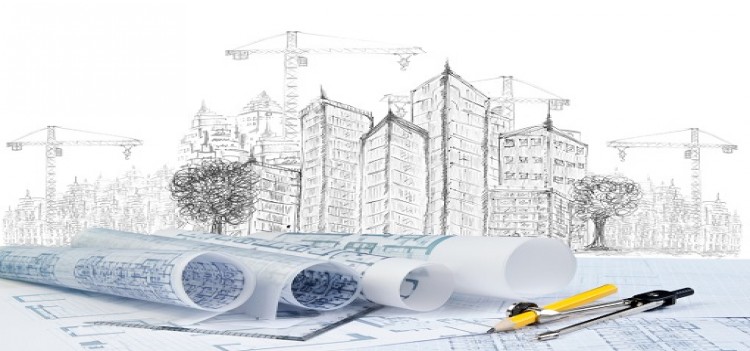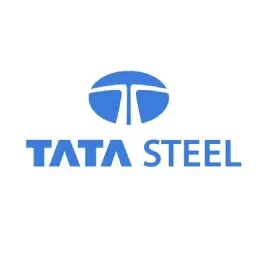Placements of BTech/BE Civil Engineering (Infrastructure Development) Colleges in Bangalore
A career after civil engineering is highly rewarding. There are jobs that involve supervision, construction, design and analysis of private as well as public projects such as dams, highways, canals, water sewages and bridges. The profession demands excellent skills for both administration and supervision of projects. A career as a civil engineer offers several lucrative job avenues in both the public and private sector. Some popular options include consulting firms, railways, defence force and municipal corporations. They can even join higher studies like M.Tech/ME or MS Programmes in relevant fields.
Some of the job roles are:
Coastal Engineer: Coastal engineering is a branch of engineering, which concerns itself with the constructing buildings and features near the coast. Construction engineers not only construct, but they also design and maintain coastal structures. Some of the major responsibilities of a coastal engineer is to oversee the environmental impact and prevent shore erosion.
Average salary of a coastal engineer ranges from 4 lakhs to 6 lakhs per annum
Construction Engineer: A construction engineer is essential for successful completion of a project. There are several areas where a construction engineer works; some of these aspects which they look into are the designing of the drainage and the sewage system, construction of a building and transport ways such as a railroad and roads. They often look into the construction of commercial housing complexes, where they oversee the installation of electrical systems, plumbing, heating and air conditioning.
Average salary of a construction engineer ranges from 5 lakhs to 7 lakhs per annum
Earthquake Engineer: As the name suggests, an earthquake engineer aims to construct buildings and structures in such a way that in an event of an earthquake, they are not destroyed or collapsed and there is no serious damage to the building. Earthquake engineering helps the engineers to minimise the damage caused by earthquakes.
Average salary of a earthquake engineer ranges from 3 lakhs to 5 lakhs per annum
Material Science Engineer: As the name suggests, material engineers work with various materials such as metals, ceramics, and plastics. Material engineers also develop, and test a wide range of materials. These materials can be used to create computer chips, to aircraft wings, golf clubs and biomedical devices such as CT scanners, surgical machines and many more.
Average salary of a material science engineer ranges from 4 lakhs to 6 lakhs per annum
Structural Engineer: Structural engineers work on designing structures such as buildings, bridges, canals, tunnels and many more. Structural engineers usually work in tandem with architects and construction contractors in the capacity as consultants.
Average salary of a structural engineer ranges from 4 lakhs to 6 lakhs per annum
Survey Engineer: Survey engineer also known as surveyor usually works in government or city administration. It is the duty of the survey engineer to measure and record geographic elements in and around the city or in remote places. Using geographic information systems, a surveyor might also research legal land records as and when the need arises.
Average salary of a survey engineer ranges from 3 lakhs to 5 lakhs per annum
Advantages of BTech/BE Civil Engineering (Infrastructure Development) Colleges in Bangalore
As a Civil Engineering Professional one will enjoy the following benefits:
-
Civil Engineering is So Varied: The Civil Engineers (infrastructure) can work in a versatile range of positions and projects. Civil Engineering specialisations like structural, environmental, geotechnical and transportation engineering all are, constantly changing work environments that require creativity and adaptability.
-
Civil Engineers Create the World Around Us: Civil Engineers (infrastructure) are the unsung heroes of the engineering world. Yet this jack-of-all-trades discipline is an incremental part of creating everything from tall skyscrapers to complex stadiums to bridges, railways and tunnels for the benefit of mankind.
-
Civil Engineering gives a sense of Accomplishment: The Civil Engineering (infrastructure) profession gives a sense of satisfaction and accomplishment of a task. At the end of the day, we can see our buildings constructed by us statinding high on the ground that gives a sense of achievement. Civil engineers have the opportunity to participate in some of the most ambitious projects that are beneficial to mankind.
-
Creativity is the Key for Civil Engineers: Creativity is the main identity that creates the civil engineers. There is no limit for creativity when it comes to buildings that are constructed. The civil engineers have the capacity to create a living monument according to their creativity.
-
High-Pay Scales: The Civil Engineers (infrastructure) are highly paid individuals in the industry. There is a huge demand for the skilled civil engineers in the sector. Many construction companies are looking to hire skilled civil engineers in large numbers and are ready to pay high-salaries.









